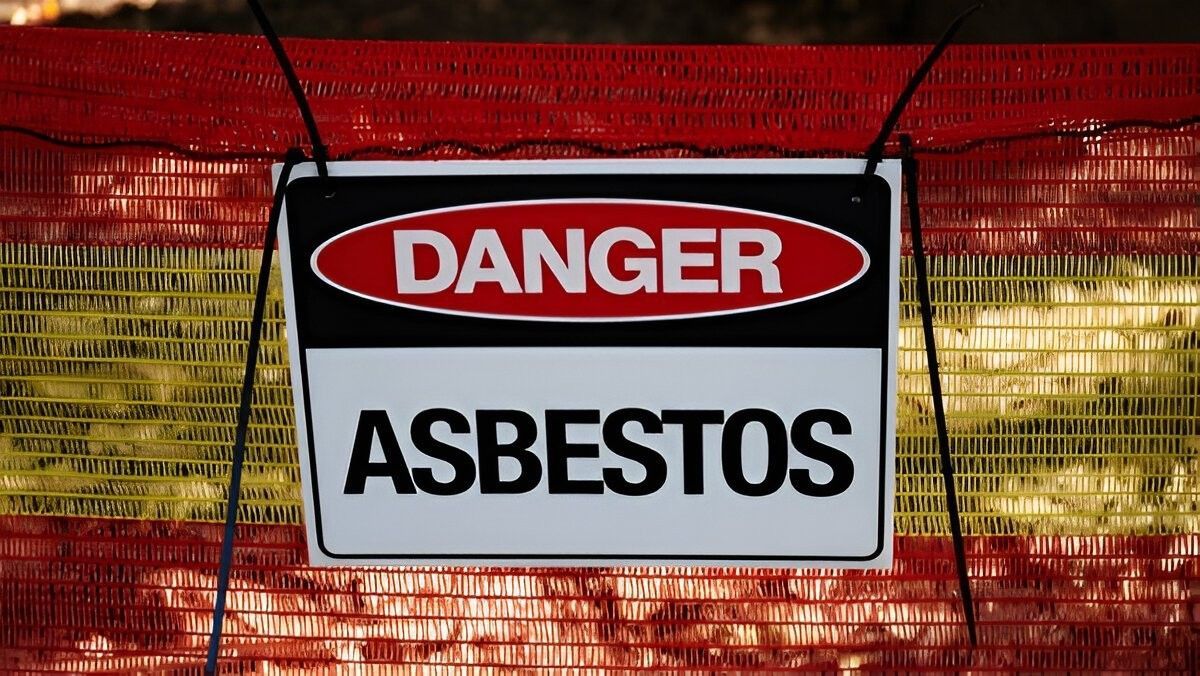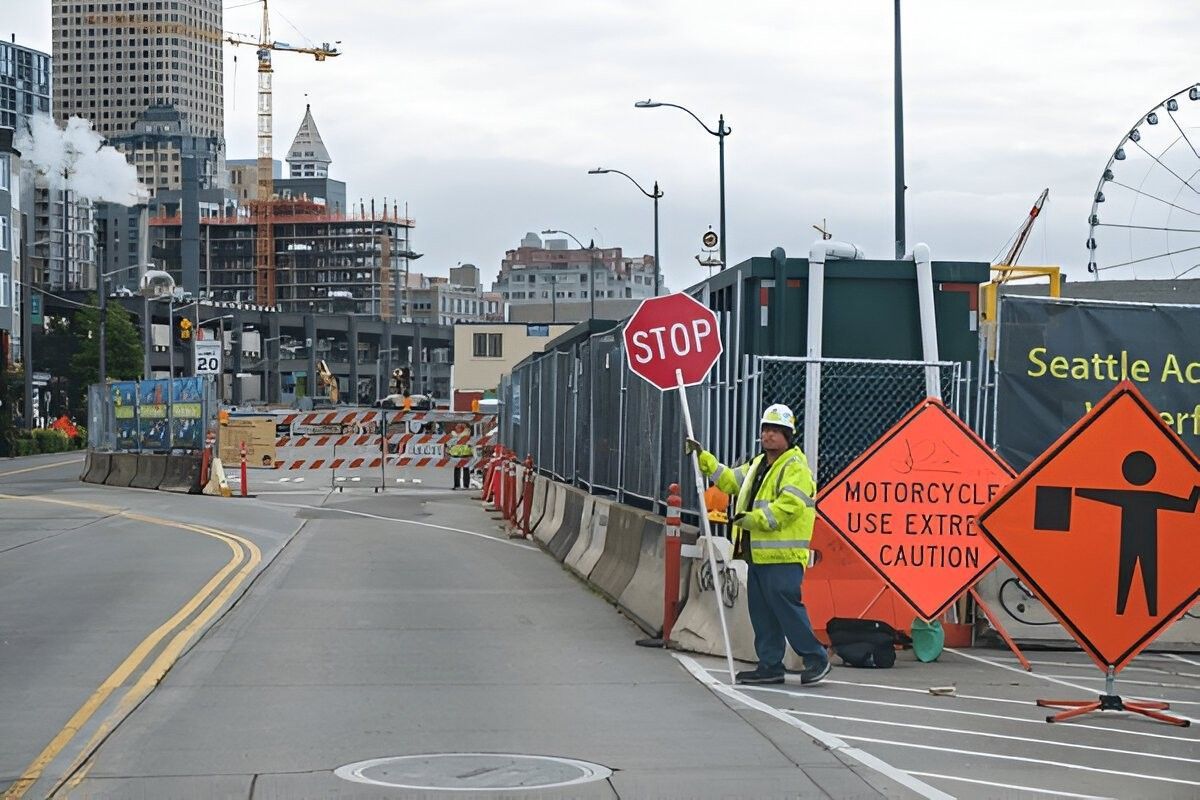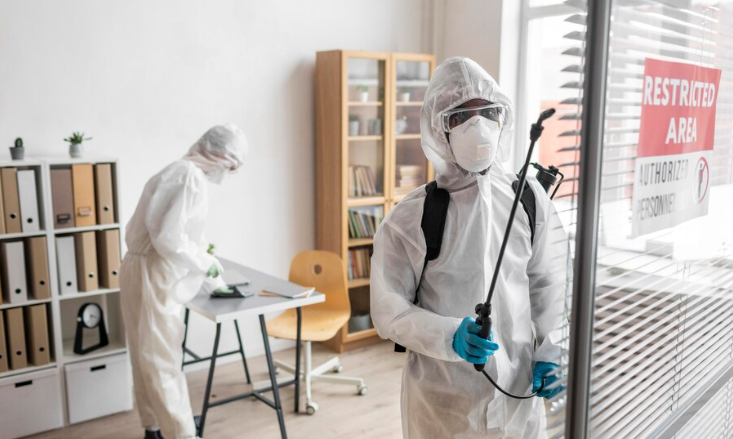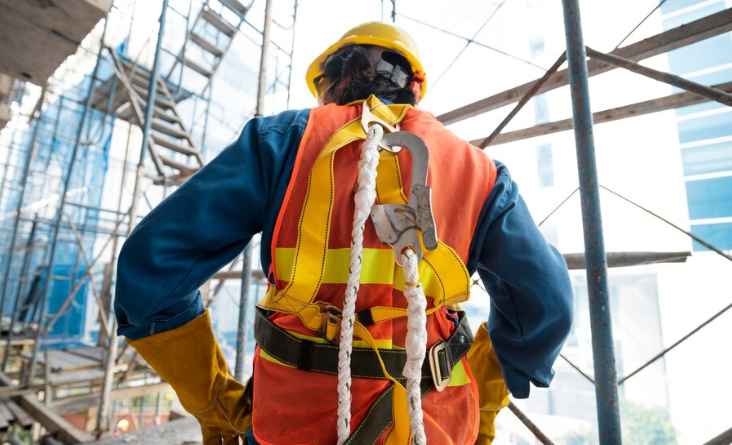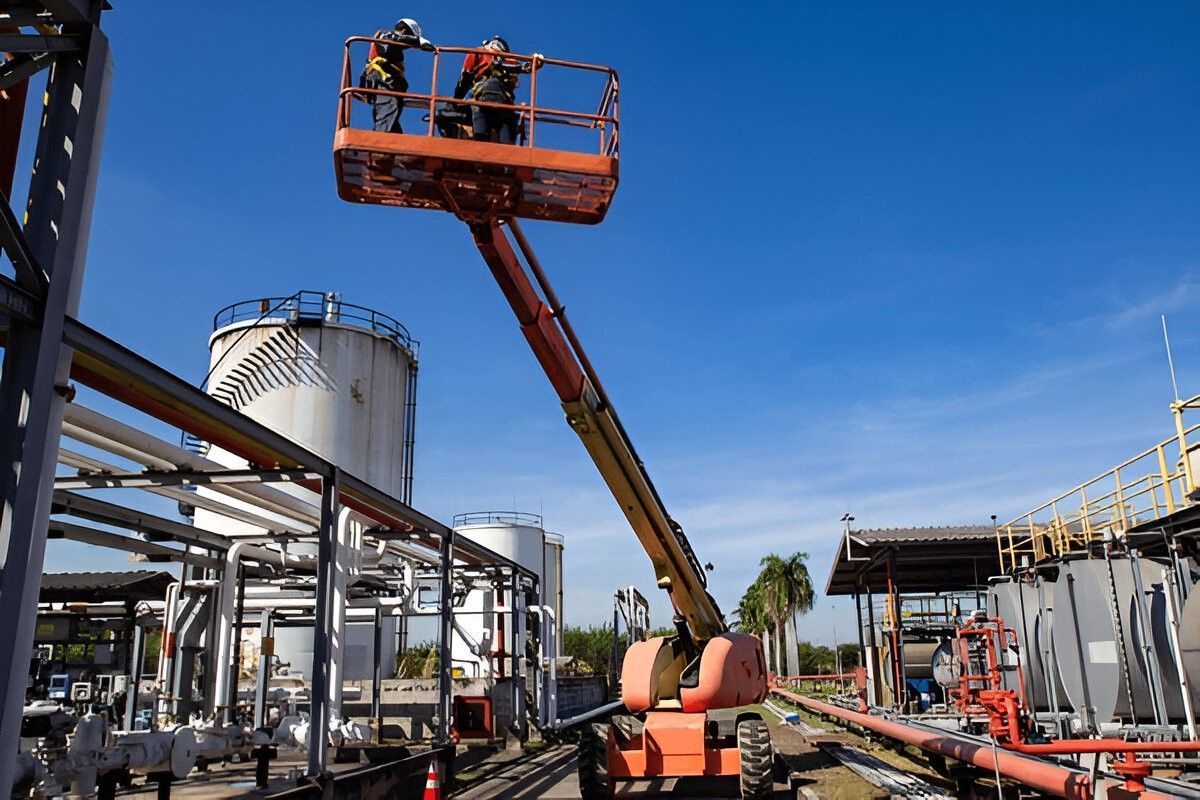Common Misconceptions About Electrical Safety Explained
Electrical safety is vital for everyone, not just electricians. Unfortunately, many misconceptions exist about electrical safety, especially among non-electrical workers. In this article, we will explore these misconceptions and clarify the facts. Understanding electrical safety can prevent accidents and save lives.
Misconception 1: Only Electricians Need Electrical Safety Training
Many believe that only electricians need electrical safety awareness training. This is far from the truth. Electrical hazards can affect anyone in the workplace. Non-electrical workers often encounter electrical equipment, wiring, and outlets. They might not know how to handle these safely. Therefore, electrical work safety awareness training is crucial for everyone. This training helps all employees recognize potential risks and respond effectively.
Misconception 2: Electrical Outlets Are Always Safe
Some people think that electrical outlets are inherently safe. However, this is a dangerous assumption. Outlets can be a source of electrical shock if misused. For example, using damaged cords or overloading outlets can lead to fires. Non-electrical workers should be trained to inspect outlets for damage and report any issues. Understanding how to use outlets safely is a key part of electrical safety training.
Misconception 3: Turning Off Power Prevents All Risks
Another common belief is that simply turning off the power eliminates all electrical risks. While this is a good first step, it is not foolproof. Sometimes, power can be restored unexpectedly, leading to shock or injury. Non-electrical workers must learn to treat all wires and devices as live until verified otherwise. Training in electrical safety awareness can teach workers how to work safely around electrical systems.
Misconception 4: You Can Fix Electrical Problems Without Training
Some individuals believe they can handle electrical problems without professional training. This belief can be very harmful. Electrical work requires specialized knowledge and skills. Attempting repairs without proper training can lead to severe injuries or even death. It is always best to call a qualified electrician for any electrical issues. Non-electrical workers should be trained to recognize when to seek help and not attempt repairs themselves.
Misconception 5: Only High Voltage is Dangerous
Many people think only high-voltage electricity is dangerous. However, even low-voltage systems can pose serious risks. For example, low-voltage electrical shock can still cause injury or accidental falls. Furthermore, it can be a gateway to more severe issues. Non-electrical workers should learn about all voltage levels and their associated risks through proper electrical safety awareness training for non-electrical workers.
Misconception 6: Electrical Accidents Are Rare
Some individuals may think that electrical accidents are rare. This misconception can lead to complacency regarding safety protocols. In reality, electrical accidents happen more often than people realize. The National Safety Council reports that electrical incidents are a leading cause of workplace injuries. Awareness training helps workers understand the frequency of these accidents and emphasizes the importance of safety precautions.
Safety Starts with Knowledge at KARM Safety Solutions!
Enhance your team's safety with Electrical Work Safety Awareness Training from KARM Safety Solutions. Our program delivers essential knowledge and practical skills to identify hazards, use protective equipment, and implement safe work practices. We tailor our training to meet your specific industry needs, ensuring your employees return home safe every day. Empower your workforce with the confidence to tackle electrical tasks securely. Ready to elevate your safety standards? Contact us today!
